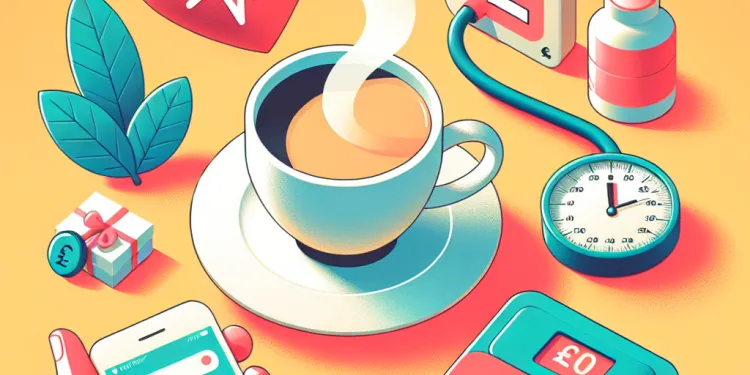
Find Help
More Items From Ergsy search
-
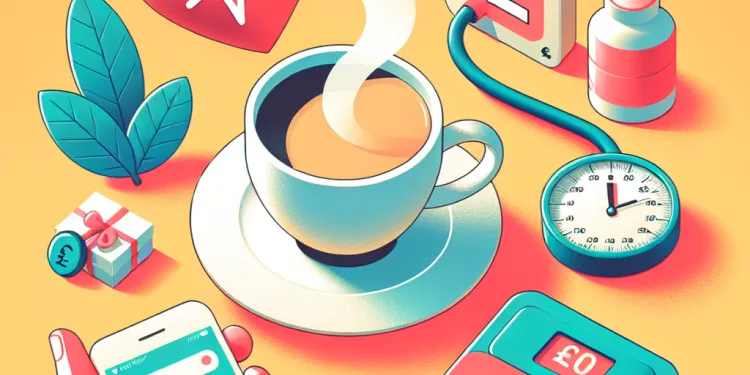
Is Your Morning Coffee a Risk Factor for High Blood Pressure?
Relevance: 100%
-
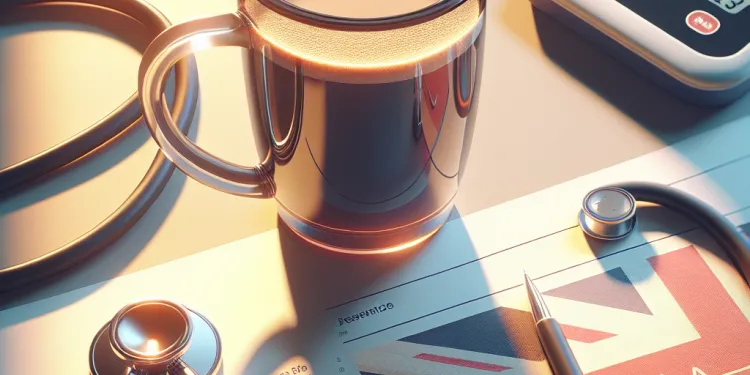
Does drinking coffee every morning increase the risk of developing high blood pressure?
Relevance: 86%
-
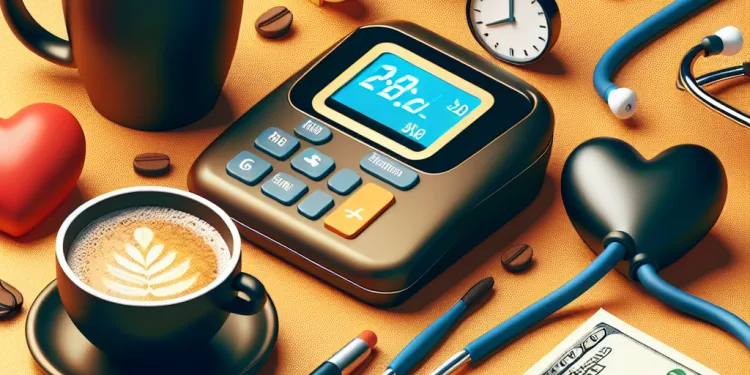
Should people with high blood pressure avoid coffee entirely?
Relevance: 70%
-
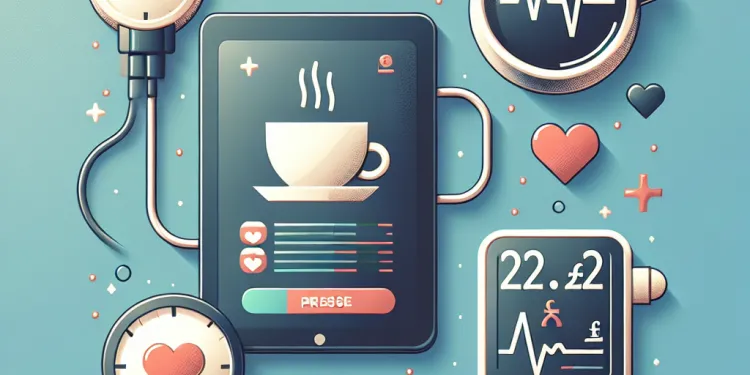
Are there any other factors in coffee that may affect blood pressure?
Relevance: 65%
-
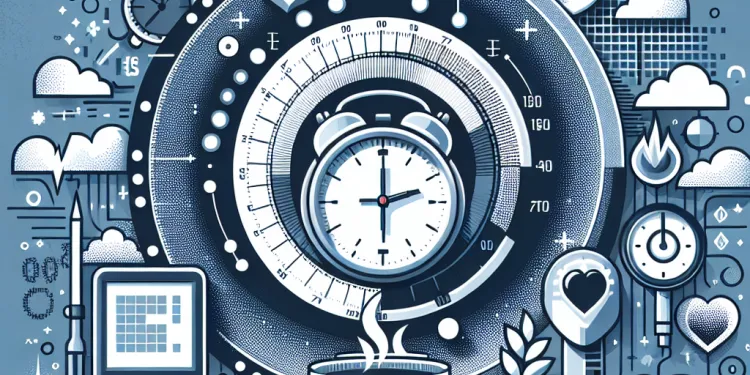
Is there a specific time of day when coffee has the most impact on blood pressure?
Relevance: 62%
-
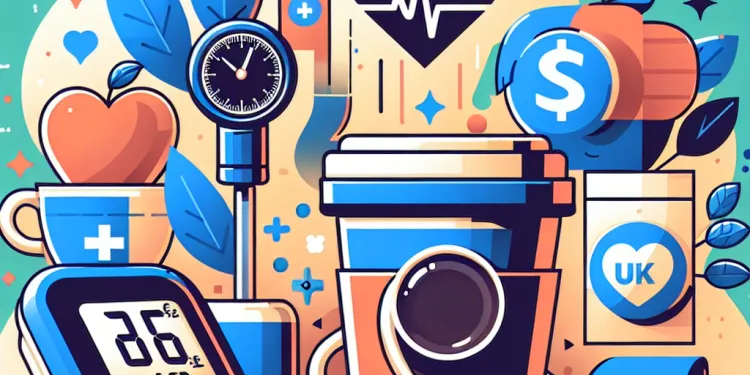
How can one minimize the impact of coffee on blood pressure?
Relevance: 61%
-
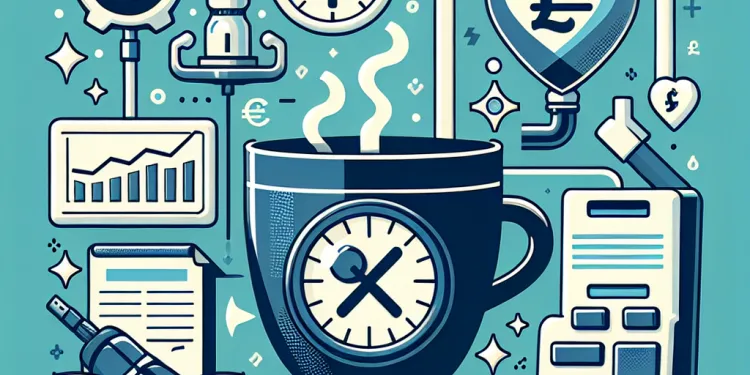
Can decaffeinated coffee affect blood pressure?
Relevance: 59%
-
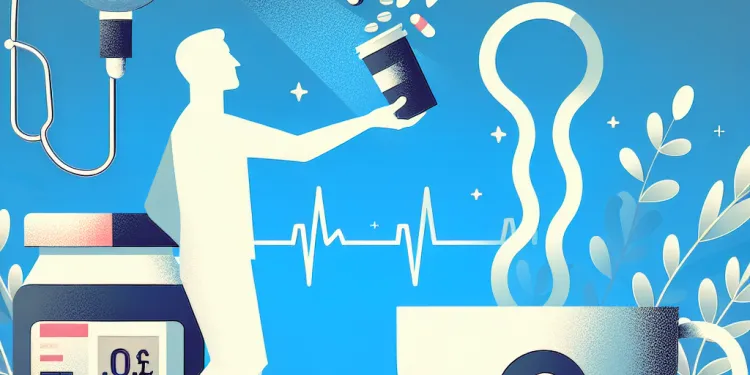
Is it safe to take blood pressure medication with coffee?
Relevance: 58%
-
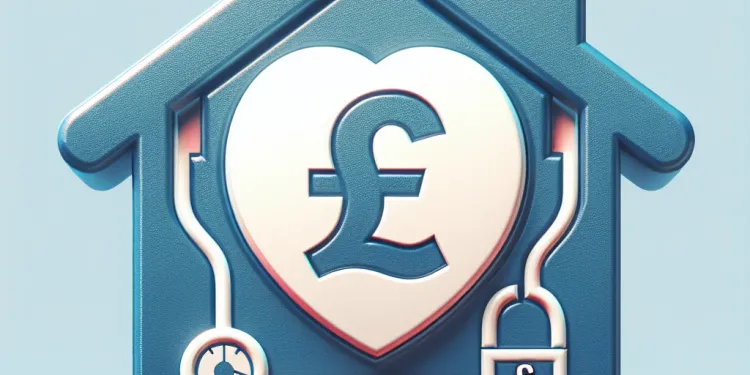
What are the risks of having high blood pressure?
Relevance: 57%
-
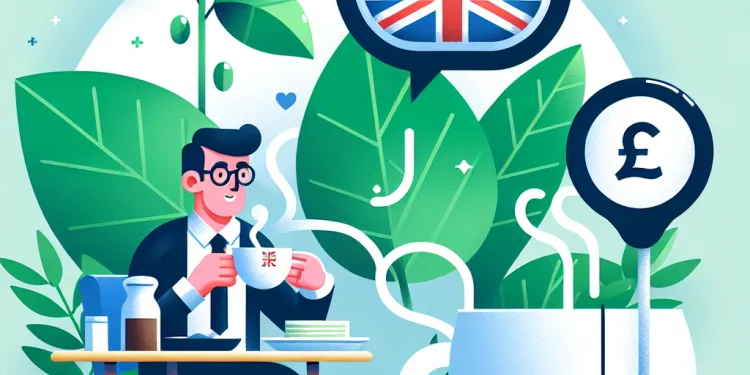
Is green tea a better alternative to coffee for blood pressure management?
Relevance: 56%
-
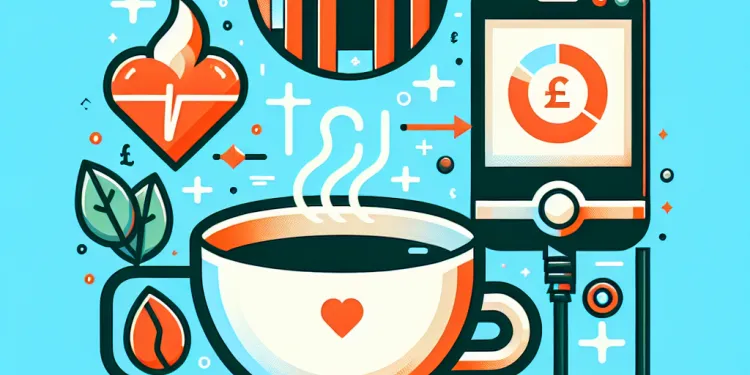
How soon after drinking coffee can blood pressure be affected?
Relevance: 54%
-
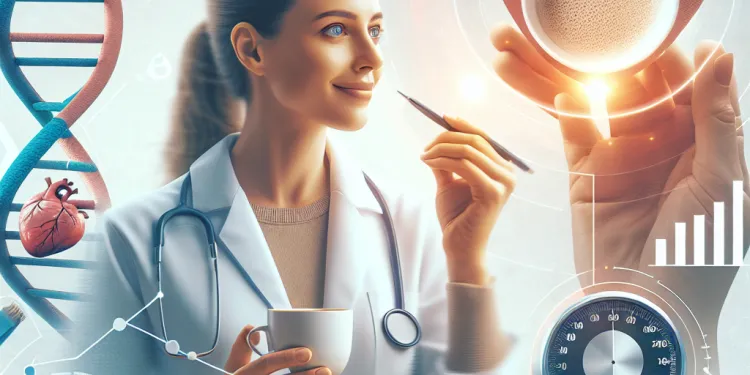
Does genetic makeup affect how coffee impacts blood pressure?
Relevance: 54%
-
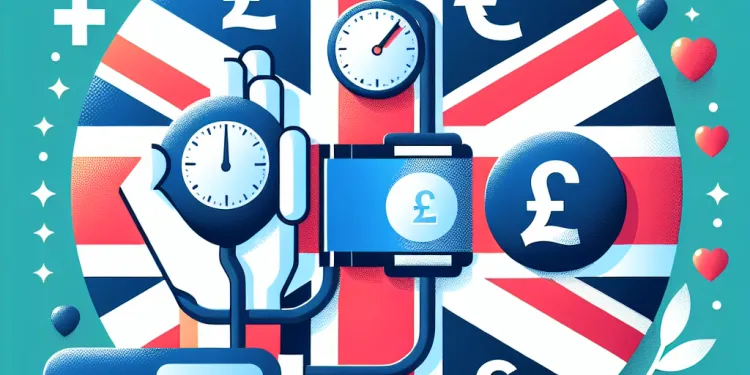
What is high blood pressure?
Relevance: 54%
-
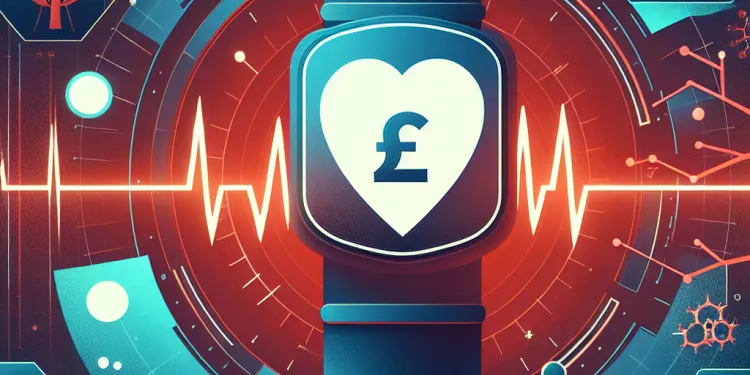
What causes high blood pressure?
Relevance: 52%
-
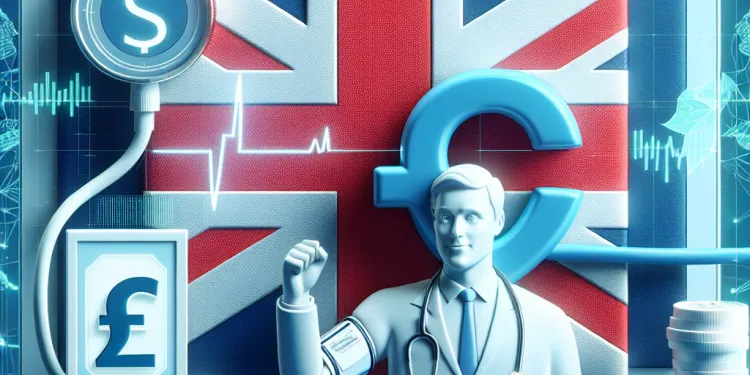
Can high blood pressure be prevented?
Relevance: 51%
-
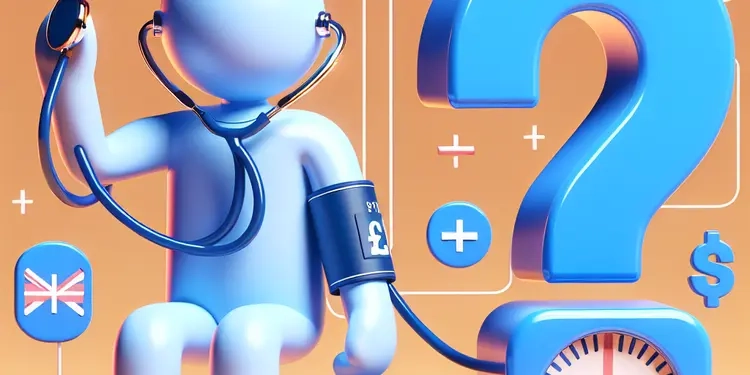
Should I test my child for high blood pressure?
Relevance: 50%
-
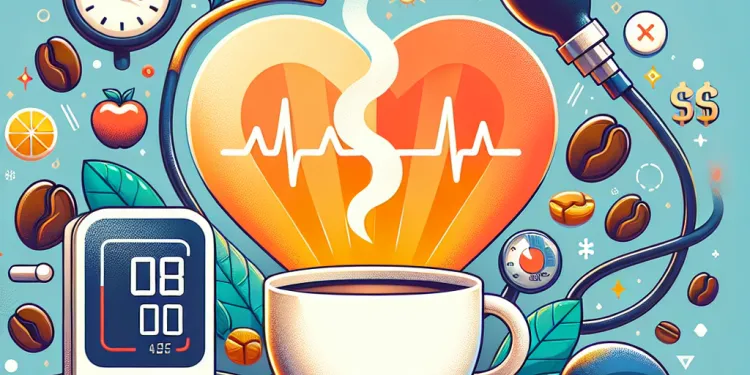
What is the link between coffee consumption and high blood pressure?
Relevance: 49%
-
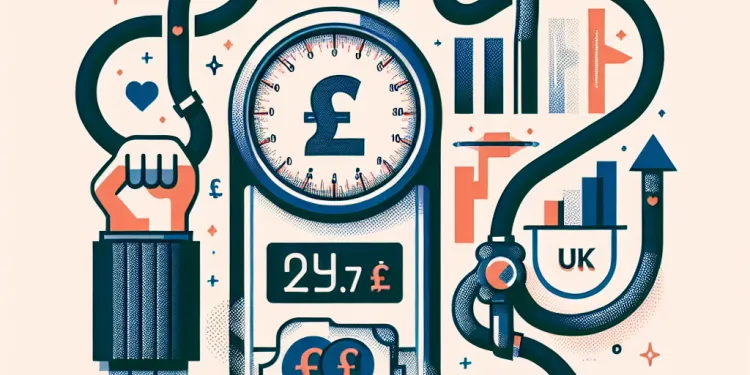
How is high blood pressure diagnosed?
Relevance: 49%
-
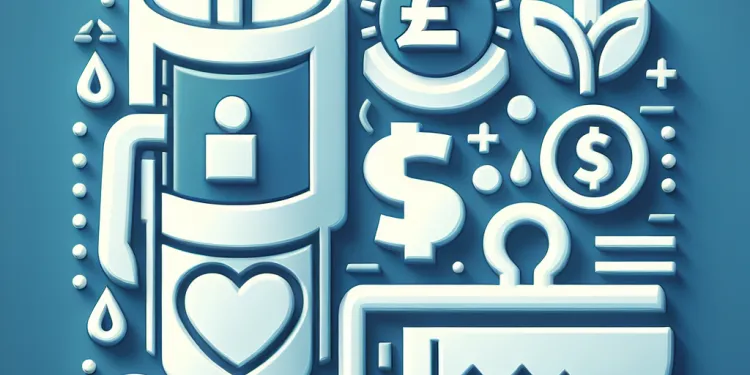
How much caffeine is generally considered safe for people with high blood pressure?
Relevance: 49%
-
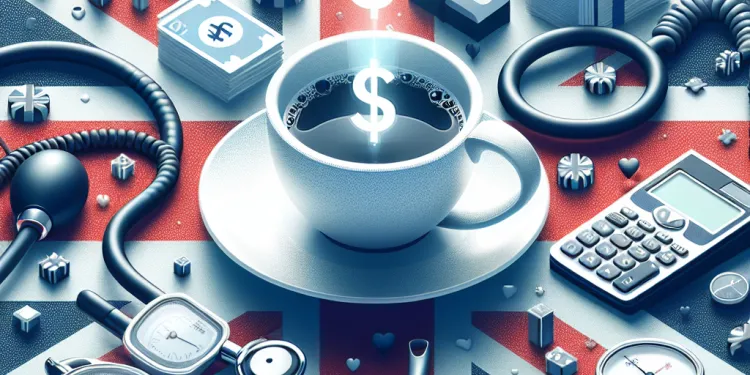
Does caffeine affect blood pressure?
Relevance: 48%
-
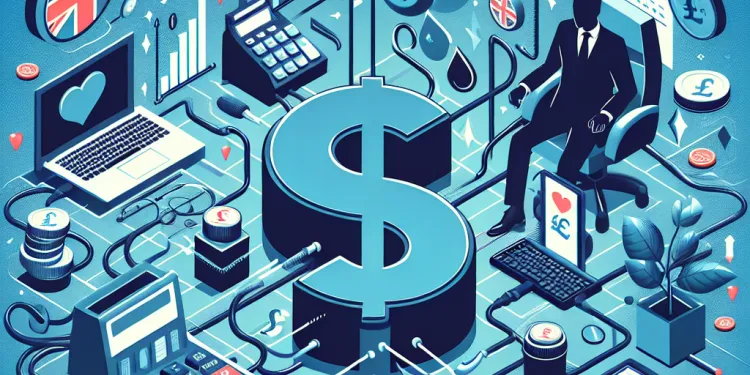
Can stress cause high blood pressure?
Relevance: 48%
-
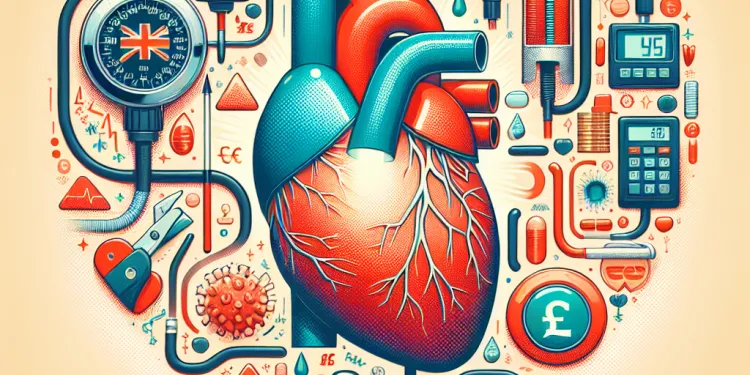
How can high blood pressure be treated?
Relevance: 46%
-
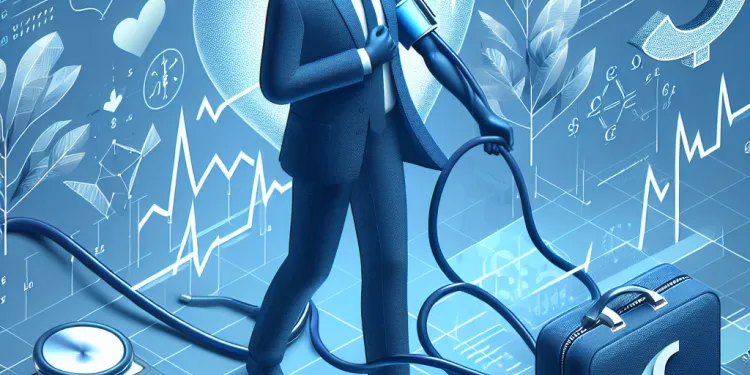
Why is high blood pressure called a 'silent killer'?
Relevance: 45%
-
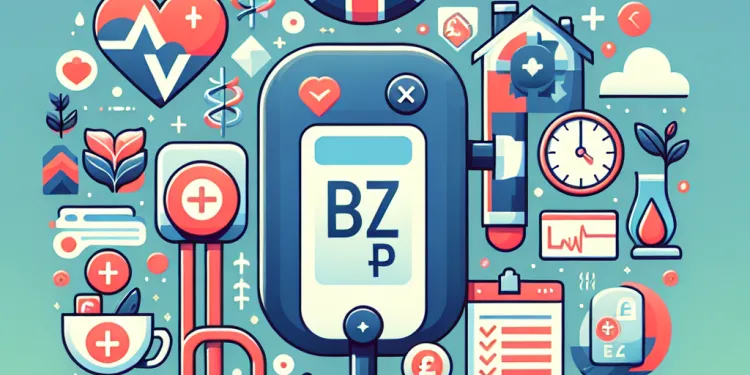
Can high blood pressure lead to other health problems?
Relevance: 45%
-
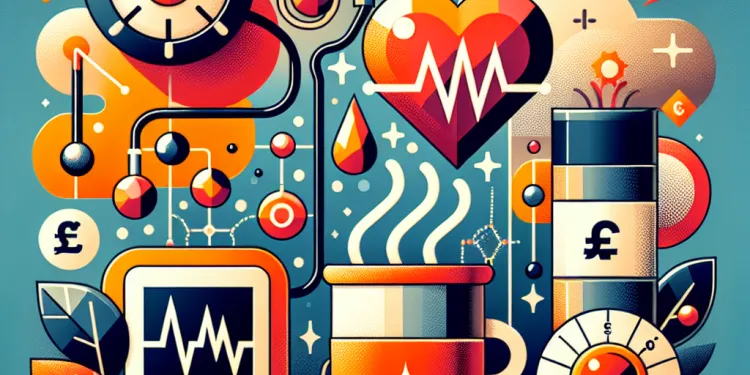
How does caffeine affect blood pressure?
Relevance: 44%
-
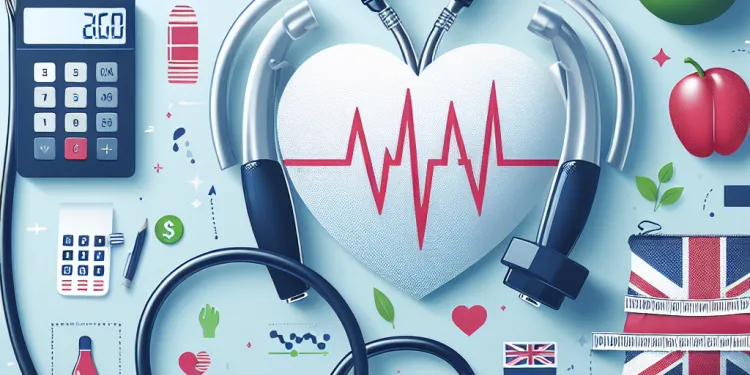
Can weight loss help reduce high blood pressure?
Relevance: 44%
-
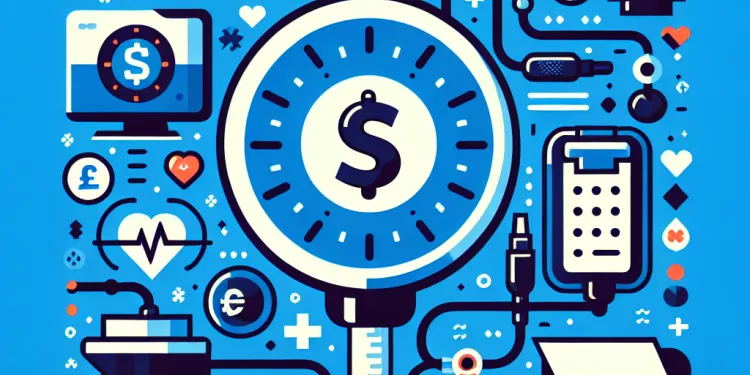
How do medications help control high blood pressure?
Relevance: 44%
-
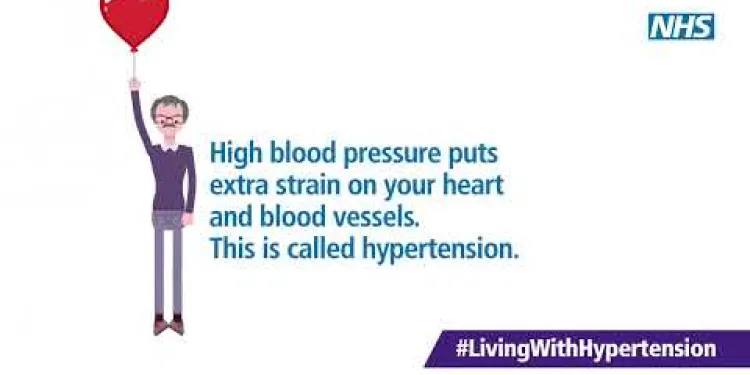
Blood pressure too high? Living with hypertension animation
Relevance: 44%
-

What is the ideal salt intake for someone with high blood pressure?
Relevance: 43%
-
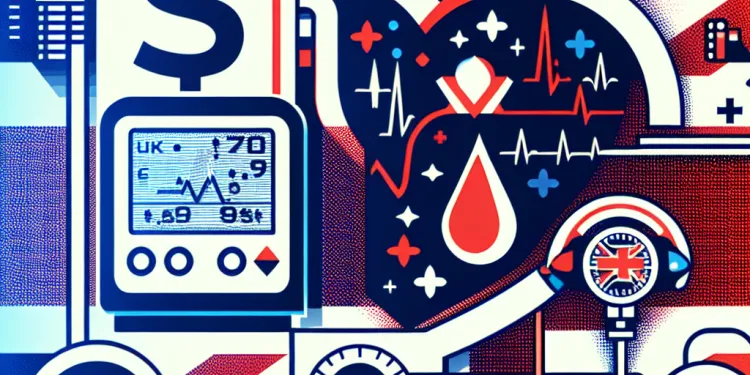
Is high blood pressure hereditary?
Relevance: 42%
-
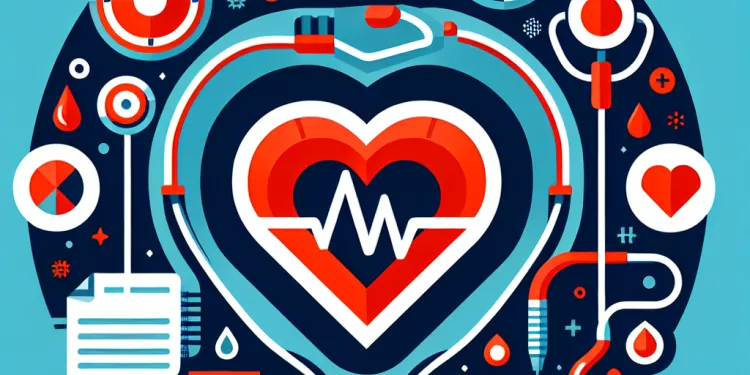
What are the symptoms of high blood pressure?
Relevance: 41%
-
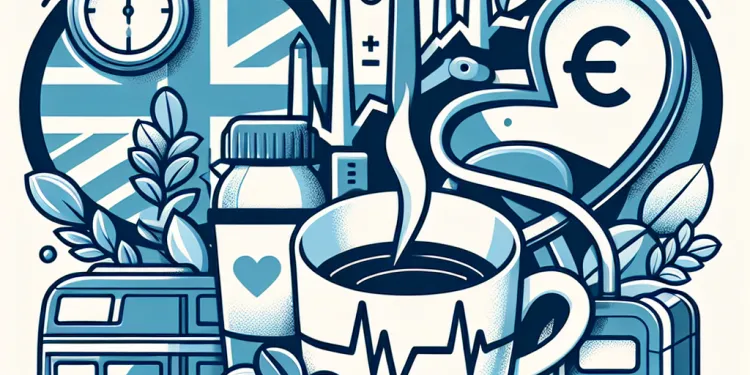
What is the recommended number of coffee cups per day for hypertensive individuals?
Relevance: 41%
-
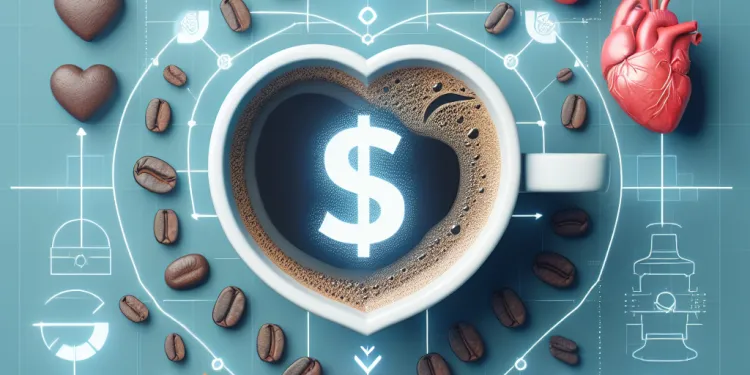
Does coffee consumption have any long-term heart health effects?
Relevance: 41%
-
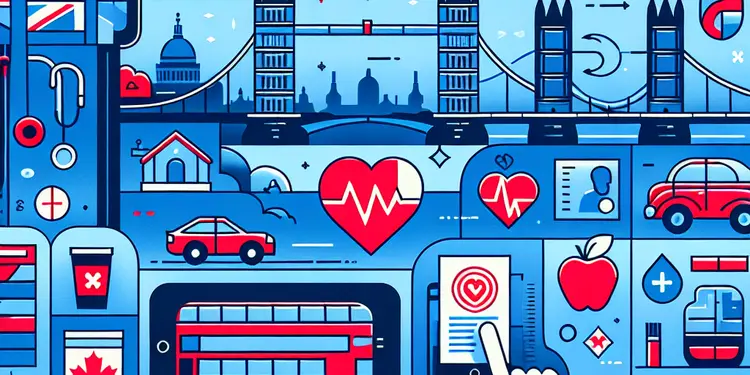
What are the risk factors for a heart attack?
Relevance: 40%
-
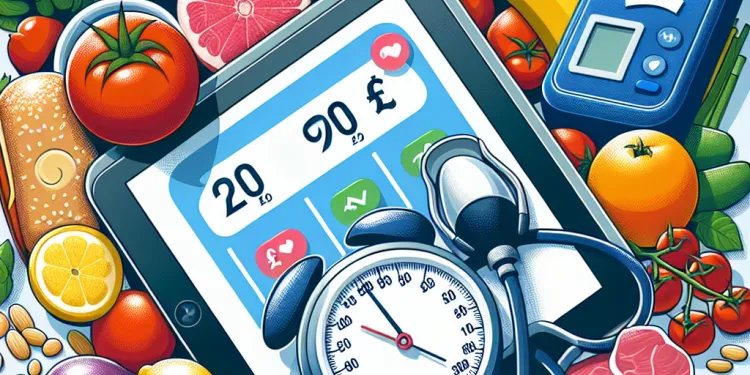
How does diet affect blood pressure?
Relevance: 40%
-
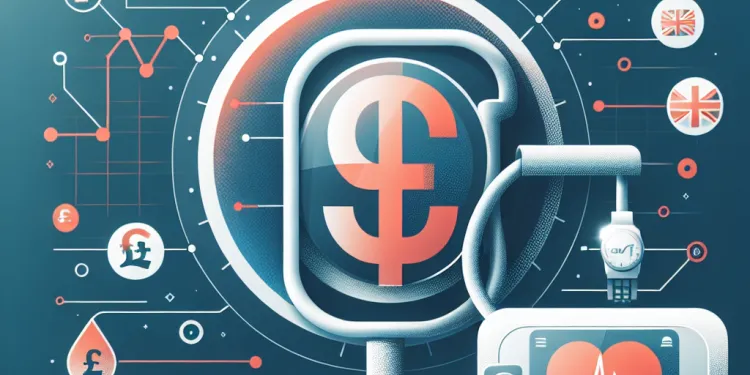
How often should I check my blood pressure?
Relevance: 39%
-
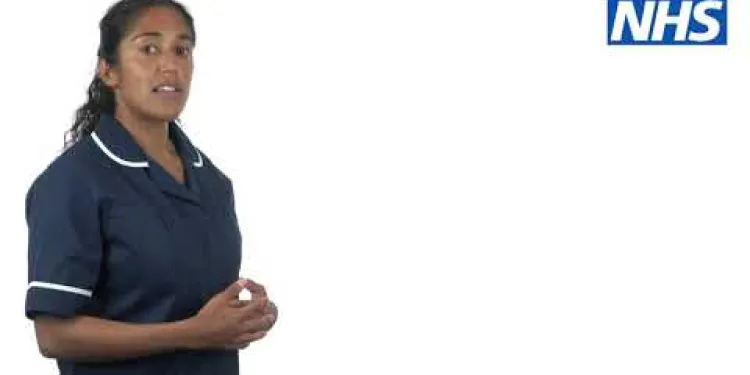
Seven Reaasons For Measuring blood pressure
Relevance: 39%
-
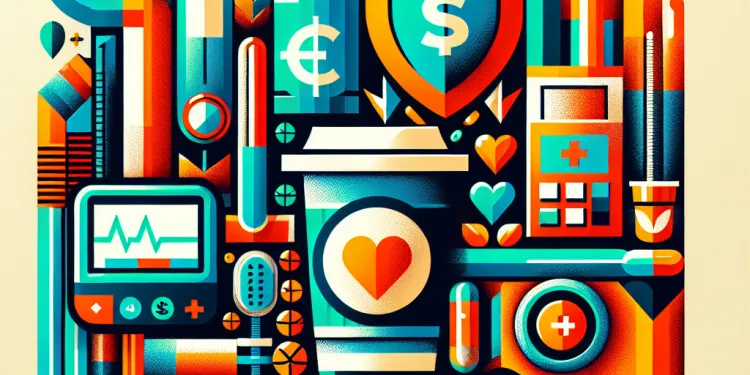
What are the symptoms of caffeine-induced high blood pressure?
Relevance: 39%
-
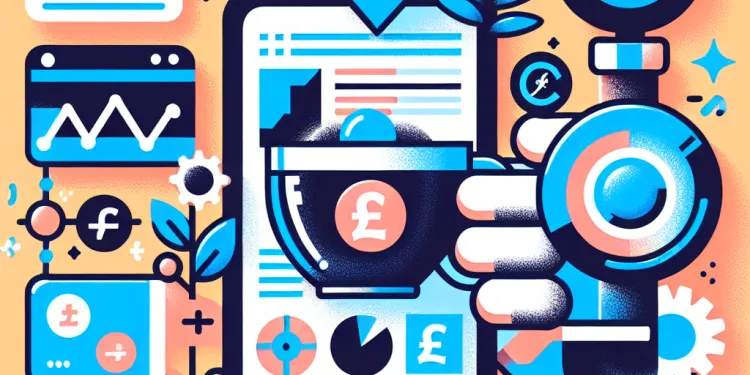
How does regular caffeine consumption impact tolerance and blood pressure?
Relevance: 38%
-
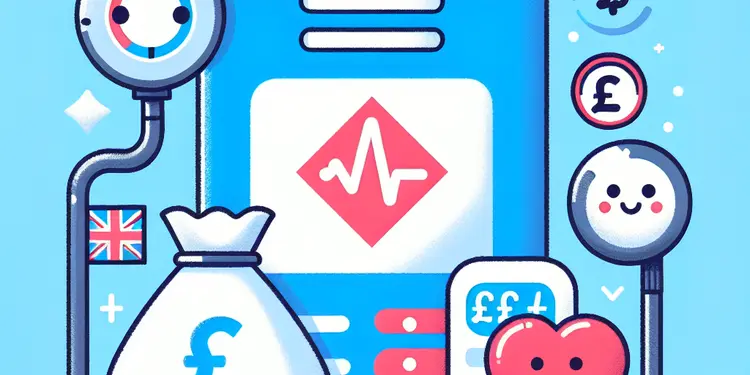
How does salt impact blood pressure?
Relevance: 35%
Introduction
For many, a morning coffee is an essential part of daily routine, providing a much-needed energy boost to kickstart the day. However, there has been ongoing debate about whether coffee consumption could be a risk factor for high blood pressure (hypertension), a concern particularly relevant to those managing cardiovascular health.
Understanding Coffee and Caffeine
Coffee is a rich source of caffeine, a natural stimulant that affects the central nervous system. Caffeine consumption can temporarily increase blood pressure by stimulating the release of hormones that elevate heart rate and blood pressure. For this reason, health professionals often warn those with high blood pressure to monitor their caffeine intake.
Scientific Insights
Research on coffee and its effects on blood pressure presents mixed results. Some studies suggest that regular coffee consumption may lead to a slight increase in blood pressure, particularly in individuals who consume large amounts of caffeine or those who are more sensitive to its effects. However, for habitual coffee drinkers, the body may develop a tolerance, potentially mitigating long-term adverse impacts.
A significant study noted in the British Medical Journal indicated that three to five cups of coffee per day might not significantly impact long-term blood pressure levels among regular consumers. Interestingly, it also hinted at other health benefits, such as reduced risks of certain chronic diseases.
Individual Variability
The relationship between coffee consumption and blood pressure can vary significantly among individuals. Genetic factors, lifestyle, overall diet, and existing health conditions can all influence how one's body reacts to caffeine. Some people may experience heightened sensitivity, with even modest consumption causing noticeable spikes in blood pressure, while others may not be as affected.
Recommendations and Considerations
For those with concerns about hypertension, moderating coffee intake could be a sensible approach. The NHS suggests limiting caffeine intake without needing to cut it out entirely for most individuals. Monitoring how your body responds and discussing any concerns with a healthcare provider can tailor advice to personal health needs.
In summary, while coffee may not be as detrimental to blood pressure as once feared, its effects are highly individual. Understanding your own response and maintaining a balanced lifestyle are key to managing blood pressure effectively. Enjoying coffee in moderation, alongside a heart-healthy diet and regular exercise, can be a part of a healthy lifestyle for most people.
Introduction
For many people, having coffee in the morning is important. It helps them feel awake and ready to start the day. But some people worry if drinking coffee is bad for high blood pressure (hypertension). This is important for people who want to keep their heart healthy.
Understanding Coffee and Caffeine
Coffee has caffeine in it. Caffeine makes you feel more awake because it speeds up your body. Caffeine can make blood pressure go up for a short time. This is why doctors tell people with high blood pressure to be careful with caffeine.
Scientific Insights
Scientists study coffee and blood pressure. Some say drinking a lot of coffee can make blood pressure go up a little, especially if you drink lots of caffeine or are sensitive to it. But regular coffee drinkers might get used to caffeine, and it might not harm them as much long-term.
A big study in the British Medical Journal found that drinking three to five cups of coffee daily might not change blood pressure much for people who drink it regularly. It also suggested coffee might have other health benefits.
Individual Variability
Coffee affects people differently. Things like genes, how you live, what you eat, and your health can change how caffeine affects you. Some people feel a big change in blood pressure with just a little caffeine. Others may not feel any change.
Recommendations and Considerations
If you worry about high blood pressure, it might help to drink less coffee. The NHS says you don’t have to stop caffeine completely, just don’t drink too much. Watch how coffee affects you and talk to a doctor if you have worries.
To sum up, coffee might not be as bad for blood pressure as people thought. But it’s different for everyone. Knowing how coffee affects you and living a healthy life is important for keeping blood pressure healthy. Enjoy coffee in small amounts, eat well, and exercise often. This can help most people stay healthy.
Frequently Asked Questions
What is the link between coffee consumption and high blood pressure?
Some studies suggest that caffeine can temporarily increase blood pressure, but the long-term effects are still under research.
Does drinking coffee every morning increase the risk of developing high blood pressure?
Moderate coffee consumption does not appear to significantly increase the risk for most people, but it may affect sensitive individuals.
How much caffeine is generally considered safe for people with high blood pressure?
Many health organizations recommend limiting caffeine intake to about 200-300 mg per day for those monitoring their blood pressure.
Can decaffeinated coffee affect blood pressure?
Decaffeinated coffee has a minimal effect on blood pressure, making it a better option for those with hypertension concerns.
How does caffeine affect blood pressure?
Caffeine can cause a short-term spike in blood pressure due to its stimulating effects on the cardiovascular system.
Are there any other factors in coffee that may affect blood pressure?
Coffee also contains antioxidants and other compounds that could potentially benefit heart health, though their effects on blood pressure are not well-defined.
Is green tea a better alternative to coffee for blood pressure management?
Green tea contains less caffeine and is thought to have additional health benefits, which may make it a good alternative.
How soon after drinking coffee can blood pressure be affected?
Blood pressure can increase within 30 minutes of caffeine consumption and may last for more than an hour, but this varies among individuals.
Should people with high blood pressure avoid coffee entirely?
It is not generally necessary to avoid coffee entirely, but sensitive individuals may want to monitor their consumption.
Does coffee consumption have any long-term heart health effects?
Some research indicates that moderate coffee consumption may have protective effects against heart disease.
How does regular caffeine consumption impact tolerance and blood pressure?
Regular coffee drinkers may develop a tolerance to caffeine, potentially reducing its impact on blood pressure over time.
What are the symptoms of caffeine-induced high blood pressure?
Symptoms can include headaches, dizziness, and palpitations but often there are no symptoms until a reading is taken.
Is there a specific time of day when coffee has the most impact on blood pressure?
Caffeine tends to have its greatest impact on blood pressure when consumed in high amounts or after a period of abstinence.
Does genetic makeup affect how coffee impacts blood pressure?
Genetics can influence how quickly caffeine is metabolized, impacting blood pressure and caffeine tolerance.
Is it safe to take blood pressure medication with coffee?
Consult with a healthcare provider as caffeine can potentially interact with certain blood pressure medications.
Can stress related to caffeine consumption affect blood pressure?
Yes, caffeine can raise adrenaline levels, which may increase stress levels and blood pressure.
How can one minimize the impact of coffee on blood pressure?
Limiting caffeine intake, choosing decaffeinated options, and monitoring blood pressure can help manage its impact.
What is the recommended number of coffee cups per day for hypertensive individuals?
Hypertensive individuals should consider limiting themselves to 1-2 cups per day, but this varies by individual tolerance.
Can exercise counteract the blood pressure effects of coffee?
Regular exercise can help mitigate caffeine's effects by improving cardiovascular health and reducing overall blood pressure.
Does dark roast coffee have a different effect on blood pressure compared to light roast?
Dark roast tends to have slightly less caffeine than light roast, potentially leading to a milder effect on blood pressure.
How does drinking coffee affect blood pressure?
Coffee is a drink that many people like. It can make us feel awake and full of energy. But sometimes, drinking coffee can make our blood pressure go up.
Blood pressure is the force of blood pushing against the walls of our blood vessels. It needs to be just right—not too high and not too low.
If you drink coffee, it might make your blood pressure higher for a short time. This happens because coffee has something called caffeine. Caffeine makes our heart beat faster.
If you have high blood pressure, it's a good idea to talk to a doctor about drinking coffee.
Some people find it helpful to:
- Drink less coffee.
- Choose drinks with less caffeine, like decaf coffee.
- Check their blood pressure often.
These tips can help keep your blood pressure healthy.
Some studies say that caffeine can make blood pressure go up for a short time. But we still don’t know what happens in the long run.
Does drinking coffee in the morning make you more likely to get high blood pressure?
Coffee is a drink that many people like in the morning. Some people wonder if coffee can make their blood pressure go up. Blood pressure is the force of blood pushing against the walls of your arteries. When it's too high, it can be bad for your heart.
If you want to know more, talk to a doctor or nurse. They can help you understand what is safe for you. You can also ask someone you trust to help read about this.
Drinking a little bit of coffee is okay for most people. But some people might be more sensitive, and it could affect them.
How much caffeine is safe for people with high blood pressure?
Caffeine is in coffee, tea, and some fizzy drinks. People with high blood pressure need to be careful with caffeine. It is good to talk to a doctor. Most people should not have too much caffeine. About 1 or 2 cups of coffee a day can be okay. But everyone is different, so it's best to check with a doctor.
Here are some tips to be safe:
- Check labels on drinks and snacks.
- Try decaf drinks if you're worried.
- Ask your doctor for advice.
A lot of health groups say it's a good idea to only have 200-300 mg of caffeine a day if you are watching your blood pressure.
Does decaf coffee change blood pressure?
Decaf coffee is coffee with almost no caffeine. Caffeine is what makes coffee give you energy.
Some people wonder if drinking decaf coffee can change their blood pressure. Blood pressure is the force of blood pushing against the walls of your blood vessels.
Drinking decaf coffee usually does not change blood pressure for most people. But everyone is different. If you are worried, ask a doctor for advice.
Here are some ideas to help understand this topic better:
- Read with someone who can help explain things to you.
- Use a dictionary to look up words you don’t know.
- Take your time and read slowly.
Decaf coffee doesn't really change your blood pressure much. It's a good choice if you are worried about high blood pressure.
What does caffeine do to blood pressure?
Caffeine is in drinks like coffee, tea, and soda. It can make your heart beat faster for a little while. This might make your blood pressure go up for some people. It's like when you feel excited or scared, and your heart beats quicker.
If you have a computer or phone, you can use a screen reader to help you read. It can read the text out loud to you, which might make it easier to understand.
Caffeine is something that can make your heart beat faster for a little while. This can also make your blood pressure go up for a short time.
Does coffee have anything else that can change blood pressure?
Coffee has things called antioxidants. These are good for your heart. But we are not sure how they affect blood pressure.
Is Green Tea Better Than Coffee for Blood Pressure?
Do you drink coffee or green tea? Are you worried about blood pressure?
Green tea might help. Some people think green tea is good for your heart.
Coffee can wake you up, but it might raise your blood pressure.
Ask a doctor what is best for you.
You can also use pictures or videos to help you learn more.
Green tea has less caffeine. People think it is good for your health. This makes it a good choice to drink.
How quickly can coffee change your blood pressure?
Drinking caffeine can make your blood pressure go up in about 30 minutes. It can stay high for more than an hour. But everyone is different, so it might not be the same for you.
Is it okay for people with high blood pressure to drink coffee?
People with high blood pressure should be careful with coffee.
Coffee can make blood pressure go up.
It might be best to drink less coffee or ask a doctor first.
Here are some things that can help:
- Ask a doctor for advice.
- Count how many cups you have each day.
- Try other drinks like tea or water.
You don't have to stop drinking coffee completely. But if coffee makes you feel bad, you might want to watch how much you drink.
Can drinking coffee affect your heart over time?
Some studies say that drinking a little bit of coffee might be good for your heart.
What happens to your body if you drink caffeine often?
Drinking drinks like coffee or tea a lot can make your body get used to caffeine. This is called 'tolerance.' When you have tolerance, you might need more caffeine to feel the same effects.
Caffeine can also make your heart beat faster and raise your blood pressure. Blood pressure is the force of blood pushing against your blood vessels. Too much caffeine might not be good for your heart and blood pressure.
If you have trouble reading, try to read slowly or ask someone for help. Audiobooks or reading apps might also be useful.
If you drink coffee a lot, your body might get used to the caffeine. This can mean that caffeine doesn't make your blood pressure go up as much as it did before.
What happens to your body if caffeine gives you high blood pressure?
Caffeine can make your blood pressure go up. Here are some things you might feel:
- Headaches
- Feeling dizzy
- Your heart beating fast
If you feel like this, talk to someone who can help, like a doctor. They can give you more advice.
You can also use tools to help you understand better, like pictures or apps that read out loud.
You might get a headache, feel dizzy, or notice your heart racing. But sometimes, you won't feel anything until you visit a doctor, and they check you.
When does coffee change blood pressure the most during the day?
Coffee can change how your blood pressure works. It is good to know when this happens the most. This can help you stay healthy.
Here are some tips that can help:
- Ask someone you trust to help with reading.
- Use a finger to follow each word as you read.
- Take breaks if reading gets hard.
- Use pictures or drawings to understand better.
If you need, use tools like audio books or read-aloud apps that can read the text for you.
Caffeine can make your blood pressure go up. This happens more if you drink a lot of caffeine or if you haven't had it for a while and then drink it.
Does our DNA change how coffee affects our blood pressure?
Do the genes we are born with change what coffee does to our blood pressure?
Genes are like little instructions in our body. They come from our parents.
If you want help with reading, you can:
- Ask a friend to read with you.
- Use an audio tool to listen to the text.
- Take breaks and read slowly.
Our genes can change how fast our body breaks down caffeine. This can affect how caffeine makes our blood pressure go up and how much caffeine we can handle.
Is it okay to take blood pressure medicine with coffee?
If you take medicine to help your heart, can you still drink coffee? Here are some easy tips:
1. **Ask Your Doctor**: The best person to ask is your doctor. They know your health best.
2. **Read Medicine Instructions**: Check if the medicine box or paper inside says anything about coffee.
3. **Listen to Your Body**: If you feel funny after drinking coffee with your medicine, tell an adult or your doctor.
4. **Use Helpful Tools**: You can use a calendar or pillbox to help you remember your medicine.
Talk to your doctor. Caffeine can change how some blood pressure medicines work.
Can drinking drinks with caffeine make you feel stressed and change your blood pressure?
Yes, caffeine can make more adrenaline. This might make you feel more stressed and can make your blood pressure go up.
How can you make coffee less of a problem for blood pressure?
Drink less caffeine, pick drinks without caffeine, and check your blood pressure to help keep healthy.
How much coffee should people with high blood pressure drink each day?
If you have high blood pressure, be careful with coffee. It's best to talk to a doctor about how much is okay. Too much coffee might not be good for you.
Here are some tips to help:
- Count how many cups you drink.
- Drink water too, not just coffee.
- Try coffee with less caffeine or decaf.
If you have high blood pressure, it's a good idea to drink only 1 or 2 cups each day. But remember, everyone is different, so see what works for you.
Can exercise help with high blood pressure from coffee?
Doing exercise often is good for your heart and can help lower your blood pressure. It can also make caffeine not affect you as much. Exercise is good for your body.
Does dark roast coffee change blood pressure more than light roast coffee?
When we talk about blood pressure, we mean how hard your blood pushes against your veins and arteries.
Dark roast and light roast are two kinds of coffee. Dark roast is cooked longer than light roast.
Some people want to know if drinking dark roast coffee changes their blood pressure more than light roast coffee.
If you are not sure which coffee is better for you, you can talk to a doctor. They can give good advice.
You can also use tools like talking to someone who knows about coffee or using picture cards to learn more.
Dark roast coffee usually has a little less caffeine than light roast coffee. This might mean it has a softer effect on blood pressure.
Useful Links
This website offers general information and is not a substitute for professional advice.
Always seek guidance from qualified professionals.
If you have any medical concerns or need urgent help, contact a healthcare professional or emergency services immediately.
Some of this content was generated with AI assistance. We’ve done our best to keep it accurate, helpful, and human-friendly.
- Ergsy carfully checks the information in the videos we provide here.
- Videos shown by Youtube after a video has completed, have NOT been reviewed by ERGSY.
- To view, click the arrow in centre of video.
- Most of the videos you find here will have subtitles and/or closed captions available.
- You may need to turn these on, and choose your preferred language.
- Go to the video you'd like to watch.
- If closed captions (CC) are available, settings will be visible on the bottom right of the video player.
- To turn on Captions, click settings .
- To turn off Captions, click settings again.
More Items From Ergsy search
-

Is Your Morning Coffee a Risk Factor for High Blood Pressure?
Relevance: 100%
-

Does drinking coffee every morning increase the risk of developing high blood pressure?
Relevance: 86%
-

Should people with high blood pressure avoid coffee entirely?
Relevance: 70%
-

Are there any other factors in coffee that may affect blood pressure?
Relevance: 65%
-

Is there a specific time of day when coffee has the most impact on blood pressure?
Relevance: 62%
-

How can one minimize the impact of coffee on blood pressure?
Relevance: 61%
-

Can decaffeinated coffee affect blood pressure?
Relevance: 59%
-

Is it safe to take blood pressure medication with coffee?
Relevance: 58%
-

What are the risks of having high blood pressure?
Relevance: 57%
-

Is green tea a better alternative to coffee for blood pressure management?
Relevance: 56%
-

How soon after drinking coffee can blood pressure be affected?
Relevance: 54%
-

Does genetic makeup affect how coffee impacts blood pressure?
Relevance: 54%
-

What is high blood pressure?
Relevance: 54%
-

What causes high blood pressure?
Relevance: 52%
-

Can high blood pressure be prevented?
Relevance: 51%
-

Should I test my child for high blood pressure?
Relevance: 50%
-

What is the link between coffee consumption and high blood pressure?
Relevance: 49%
-

How is high blood pressure diagnosed?
Relevance: 49%
-

How much caffeine is generally considered safe for people with high blood pressure?
Relevance: 49%
-

Does caffeine affect blood pressure?
Relevance: 48%
-

Can stress cause high blood pressure?
Relevance: 48%
-

How can high blood pressure be treated?
Relevance: 46%
-

Why is high blood pressure called a 'silent killer'?
Relevance: 45%
-

Can high blood pressure lead to other health problems?
Relevance: 45%
-

How does caffeine affect blood pressure?
Relevance: 44%
-

Can weight loss help reduce high blood pressure?
Relevance: 44%
-

How do medications help control high blood pressure?
Relevance: 44%
-

Blood pressure too high? Living with hypertension animation
Relevance: 44%
-

What is the ideal salt intake for someone with high blood pressure?
Relevance: 43%
-

Is high blood pressure hereditary?
Relevance: 42%
-

What are the symptoms of high blood pressure?
Relevance: 41%
-

What is the recommended number of coffee cups per day for hypertensive individuals?
Relevance: 41%
-

Does coffee consumption have any long-term heart health effects?
Relevance: 41%
-

What are the risk factors for a heart attack?
Relevance: 40%
-

How does diet affect blood pressure?
Relevance: 40%
-

How often should I check my blood pressure?
Relevance: 39%
-

Seven Reaasons For Measuring blood pressure
Relevance: 39%
-

What are the symptoms of caffeine-induced high blood pressure?
Relevance: 39%
-

How does regular caffeine consumption impact tolerance and blood pressure?
Relevance: 38%
-

How does salt impact blood pressure?
Relevance: 35%


